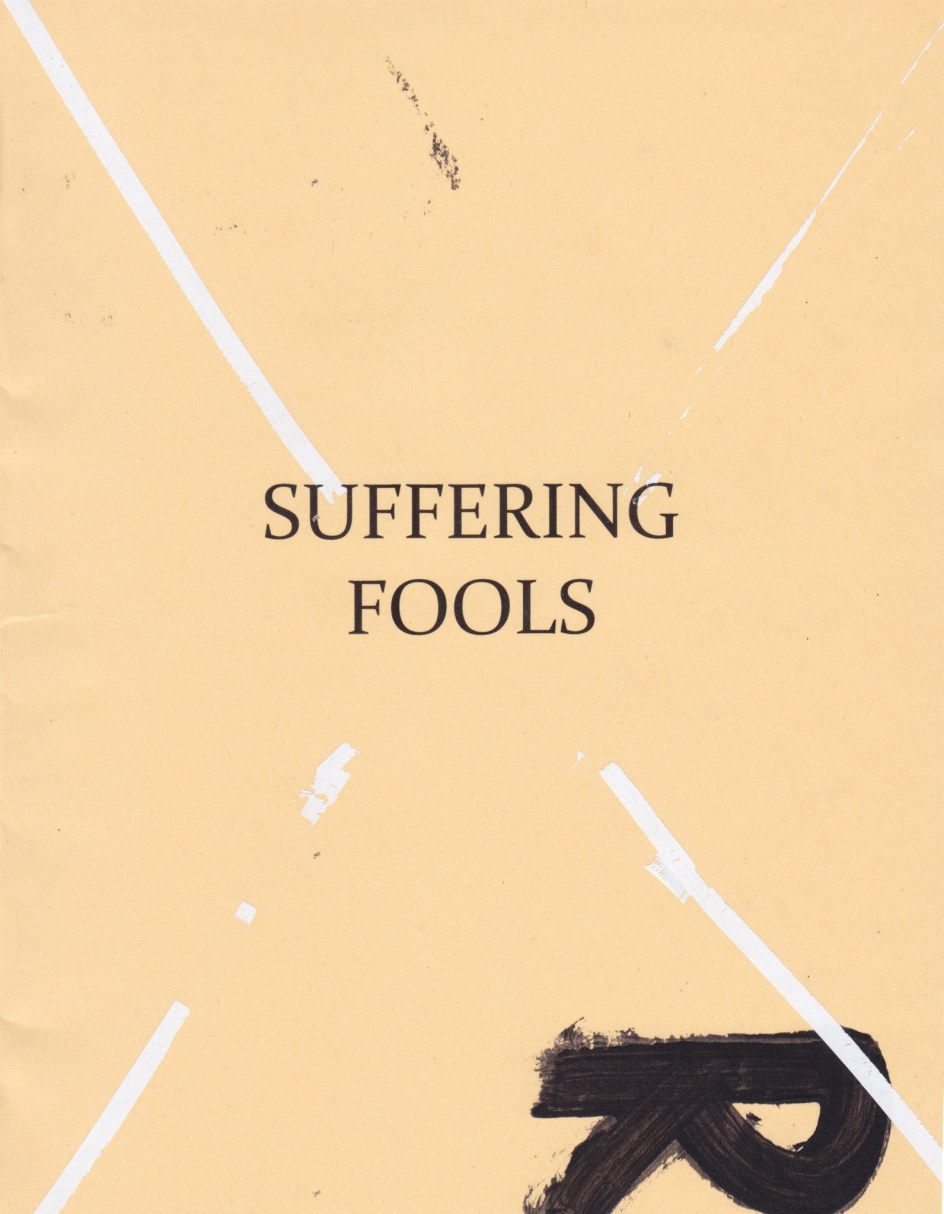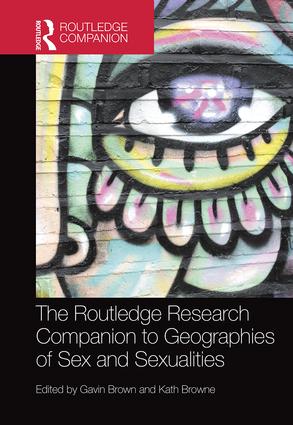
Tom Miles/Motelism, 2014
This week has brought a new chapter in the convoluted Brexit saga, as a much-anticipated public speech by Theresa May sought to lay out a framework for what comes next. The whole Brexit portmanteau-ed mess feels more and more like a Shakespearean tragedy; I’ll leave you to allocate MPs to the parts. Spare a thought for those of us who have to watch the play.
In case anyone was in any doubt that the government have little clue of how to actually enact Brexit, May’s speech testified to the hopelessness of progress so far, and as far as I can see, some considerable hopelessness about what comes next. I know I’ve mentioned it before, but lest we forget: this whole costly, lengthy, conceptually blurry political impasse grew from David Cameron’s pledge for re-election as Prime Minister in 2015 to ‘let the people’ decide whether they wanted to remain in the EU, terms somewhat unspecified. As academics and policy experts warned at the time (but who listens to academics and policy experts, right?) the full rationale and information for any such decision went far beyond anything that a simple ‘yes/no’ binary could hope to address.
That didn’t stop Cameron merrily reducing the issue to over-simplified terms to get the referendum he’d promised off the campaign trail and into life. I’m sure some of you watched Charlie Brooker’s (excellent) Screenwipe 2016 over Christmas, available here. The coverage of post-Brexit politics was just stunning for showing that yep, no-one had any clue what to do. No-one. The best/worst bit of Brooker’s précis were the soundbites of different politicians describing what type of Brexit we’d have, like a loaf of bread (or sex?). Hard Brexit, soft brexit, clean Brexit… And then colours – grey Brexit (cheery) and, worst of all, Theresa May’s bizarre (un)cool Britannia riff: a ‘red, white and blue Brexit‘. It was almost as if the Conservatives regretted the whole referendum in the first place, but by that point Cameron was out to lunch permanently and the others were left to clear up his mess.
But back to the present scene. 7 months(!) after Britain voted to leave the EU, this week’s speech was Theresa May’s chance to lay out exactly what all that entailed, and show that in the absence of a government plan all summer or autumn, things were finally on track. The fact that her speech prompted more questions than gave answers seemed to go un-noticed by rightwing press, who went to town on receiving the speech as some sort of benevolent but firm mother regaining control of her borders. Forgetting that Margaret Thatcher was actually a key figure in forming the EU trade deal, enthused comparisons between the two Iron Ladies abounded (right down to their shared innuendos, suggests The Telegraph. Please god no). Not only is immigration not what the referendum was supposed to be about (migration is related to Brexit, but not interchangeable, and clearly not in regards to non-EU movement), the plan seems to me to be a wilful overestimation of both what May was promising and what May could achieve. No matter: the Daily Mail included breathless coverage of May’s jazzy new haircut, what with that having absolutely nothing to do with anything.
Most notably, May scrapped the idea of continuing membership of the single market, which is something even the Brexiters didn’t vote for when they opted to leave the EU. In fact, David Cameron had pushed for more integration into the single market, not less. Theresa May isn’t stupid – knowing that Brexit was, for many, more about immigration than Europe – she basically said that the country will leave the single market in order to also scrap free movement of European citizens. So, the muddled and often damaging ideology surrounding migrants continues to grow. Yet when we go and live in Spain we’re called ex-pats… I know, it doesn’t make sense to me either.

German newspaper Die Welt nailing it
This slash-and-burn approach to years of negotiation, partnership and knowledge sharing is not only wasteful, it undermines the future of young Britons – who voted to Remain in the EU on ballot day – by restricting their ability to travel, work and study freely in the EU. Why would we pay huge amounts and give ourselves an enormous administrative headache for the sake of restricting our ability for cross-country movement? It’s the 21st century! The message is that European migrants aren’t welcome here, but hey, everyone else round the globe do come and trade – although countries of lesser standing need not apply. We are once again forgetting our diminishing place in the global world order: and I say that as someone who loves my country, not least its amazing diversity (increasingly under threat). The Tory government expects countries to line up to broker expensive, protracted bilateral deals that are more necessary to us than to them, whilst wilfully giving up one of the biggest in history – the EU trade agreement. We have not been a global superpower in trade terms since the C19th century, and as this article shows we have the weakest productivity in the G7 group, but May isn’t letting that get in the way of telling (some) people what they (might) want to hear.
Why would the EU, or any new international trade partner, give us a good deal? We have no bargaining chips in either scenario. Europe does not need us more than we need them, despite the nonsense peddled by rightwing press determined to shame Remainers via bogus patriotism. Control over our relationship with the EU won’t sit with us, it will sit with them – and the potential economic loss is invariably greater for a country of 65 million people than a shared bloc of 500 million. As for global trade, the U.S and China set that agenda, and given Trump’s new revanchist position against trading with Mexico, it hardly seems likely a new partnership would benefit the UK more than it would the U.S, despite Trump’s nauseating love-in with unpalatable British talking heads (Michael Gove, Nigel Farage and Katie Hopkins enter stage left).

Lovely use of ‘Playboy’ as political certification
The sterling boost that followed Theresa May’s speech isn’t much to write home about either, as a summary by The Conversation shows here. Sterling hit a historic 32 year ow against the Dollar this week – which is a joke when you consider the political and economic division currently routing the U.S.
But for the many people sick of the current economic order that helps the rich get richer and the poor get poorer – 8 people now hold the same wealth as 50% of the global population – there was a stitch in time moment: could Theresa May’s speech really be turning to a new economic growth model? Could we be heralding a more egalitarian tax or finance system? Nope. May is essentially offering the UK as a tax haven to other countries. And spare a thought for the continuing precarity of EU citizens living and working in the UK. They are no clearer on what comes next for their livelihoods and their families, as this excellent state-of-play report by The Migration Observatory shows.
Meanwhile, Scotland are – as anyone could have predicted over the past few months – considering another referendum on independence from the UK, because Scotland (and Northern Ireland) voted to remain in the EU and are being dragged out of it by England and Wales. It’s hardly Macbeth territory when you consider Scotland’s position and its frustration. Cameron’s foolish referendum could yet spell the extended dissolution of the United Kingdom, a depressing prospect. In a supposed era of the global citizen, England looks smaller than ever. Say what you like about Nicola Sturgeon (and plenty do, with abandon), she is an intelligent, clear-headed and determinedly representative politician for her constituents; her verdict of May’s free market move as potentially ‘economically catastrophic’ is worrying.
Through it all, I ask: why would we want to impair international relations? Why would we want to cut ourselves off from Europe in favour of uncertain and unproven trade deals with other countries that aren’t even as geographically proximate? Brexit was hardly a decisive democratic mandate – 51.9% vs 48.1%. I’m increasingly perplexed at the way that Leavers and mainstream media paint those who voted Remain as ‘Remoaners’, poor citizens, or children having a tantrum.This spoof Daily Mash piece says it all. Given that nearly half the population falls into the Remain camp, it can’t really be thought of as a disparate minority, nor can the range of concerns with a Brexit be dismissed as somehow unpatriotic.
The way the political (and tabloid newspaper) rhetoric around Brexit is progressing is deeply unhelpful to the U.K’s cohesive social identity. There is a creepy return to populist/nationalist rhetoric, kickstarted by Farage’s ‘Independence Day’ (a term aimed to misguide, as we were never not independent). To suggest the UK is free from the yoke of EU oppression is nonsense – there were plenty of ways in which this country benefitted from EU partnership, and those include, y’know, UK legislation for LGBT couples who aren’t married, free movement for university students studying abroad, and globally respected human rights protection. Politics has become bogged down in meaningless imagery. Take, for example, Boris Johnson’s bizarre reference to World War II today whilst conjecturing about the way that France might deal with Britain’s exit from the EU. He’s reacting to a political situation that hasn’t even happened. (In keeping with the Shakespeare theme, a spokesperson has just clarified that Johnson was not ‘suggesting anyone was a Nazi’, just making ‘a theatrical comparison’. It’s as if he knew I was writing a theatre themed piece!)
Our politicians and rightwing media are painting us as inward-looking and isolationist when that’s the opposite of what many of us want to be – especially those who travel, and young people. In doing so, they paint the 48% who never consented to this costly political headache as unhelpfully negative, when what we are trying to express is the unprecedented shortsightedness of the political decisions made and the promises broken to areas of the electorate who most needed economic help. Now we wait for the next act.

As EU Like It

